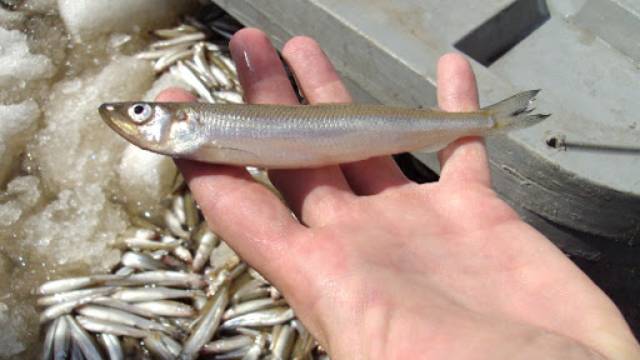Elevated perfluorooctane sulfonate (PFOS) levels have been found in Lake Superior rainbow smelt.
The announcement came from the Wisconsin Department of Natural Resources, and to protect public health, the Michigan Department of Health and Human Services is issuing a precautionary Eat Safe Fish guideline recommending that individuals limit Lake Superior smelt consumption to one serving per month.
For the MDHHS guidelines, a serving is considered to be an 8-ounce portion size for adults and 2- or 4-ounce portion size for children. The precautionary guideline take effect immediately and replace the existing Eat Safe Fish guideline for Lake Superior smelt issued due to mercury. MDHHS will update the smelt guideline once additional Michigan data is available later this year.
“This precautionary guideline is based on data shared by Wisconsin, which shows elevated levels of PFOS in Lake Superior rainbow smelt,” said Dr. Joneigh Khaldun, chief medical executive and chief deputy for health. “PFOS is a perfluoroalkyl substance (PFAS) associated with harmful effects in people, including reduced fertility, thyroid disease and liver damage. We will update this guideline once the department has additional data.”
MDHHS is coordinating with the Michigan Department of Environment, Great Lakes, and Energy, Michigan Department of Natural Resources and other agencies to collect smelt from Lake Superior, Lake Huron, Lake Michigan and some inland lakes. MDHHS will then analyze these samples for contaminants, including PFOS. Once this data is available, MDHHS will update existing smelt consumption guidelines for these waterbodies as needed.
MDHHS Eat Safe Fish guidelines are not regulatory. MDHHS makes this information available to help Michiganders make safer choices when it comes to choosing and eating fish.












